- Category
- War in Ukraine
Wagner Mercenaries Got Smoked in Mali, What Have They Been Up to Since the Failed Moscow Coup?
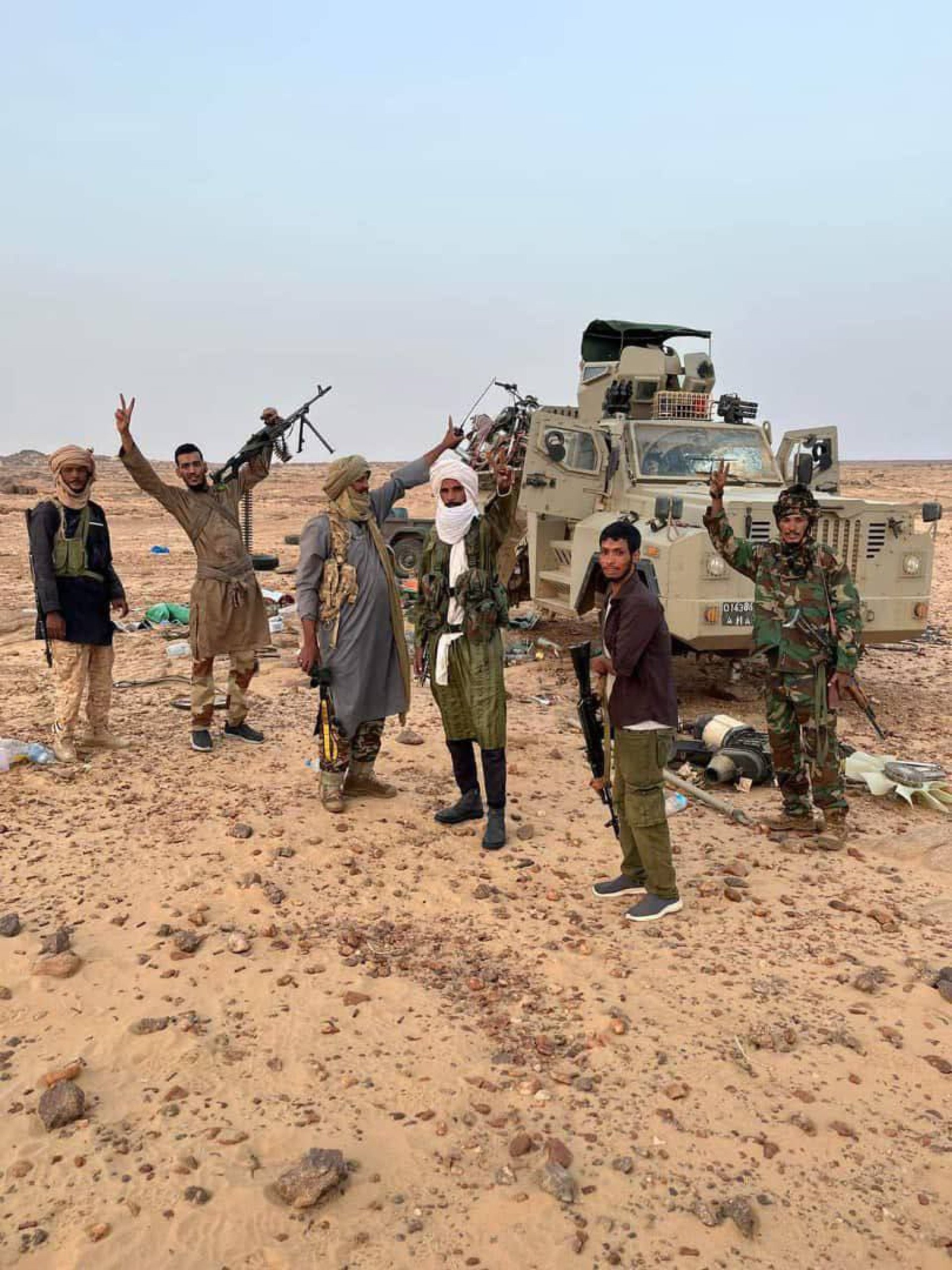
On July 27th, footage emerged on social media showing the aftermath of an ambush of a military convoy in Mali. The scene depicted dozens of bodies and destroyed vehicles, mostly belonging to the Wagner mercenary group. This raises a lot of questions about the Wagner Group's activities after their leader Evgeny Prigozhin failed coup attempt and death.
The incident involved a Malian military column escorted by Wagner fighters through the northern town of Tinzaouaten, close to the Mali-Algeria border. Tuareg rebels reportedly engaged the column with heavy weapons, drones, and possibly suicide vehicles during the attack.
This resulted in significant losses for the Wagner group, with estimates of 20 to 80 Russian mercenaries killed and 15 hostages taken. Russia has confirmed the existence of casualties, among them was Russian blogger Nikita Fedyanin, the author and administrator of the Wagner-affiliated “Gray Zone” telegram channel that bolsters 570,000 subscribers. The channel was instrumental in popularizing Wagner online and in its recruitment efforts.
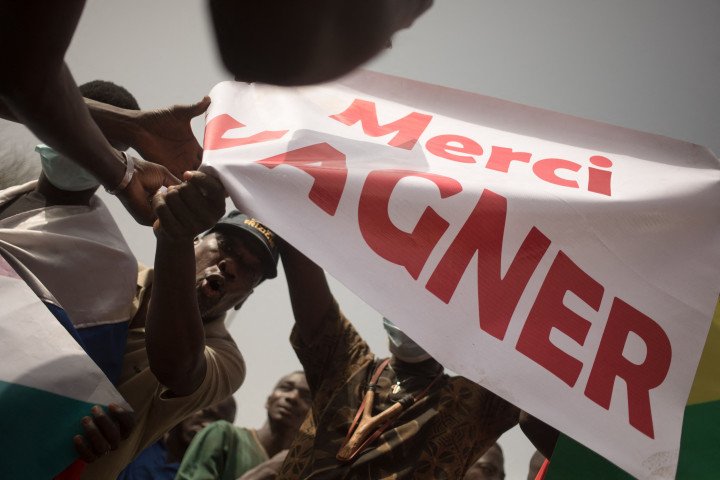
What is Wagner doing in Mali?
The Wagner Group or Wagner PMC is in Mali primarily to support the country's military junta, after taking control of the country in a 2021 coup d'état. Mali's military government invited them to provide military assistance and training after France withdrew its forces in 2022.
After Wagner's failed coup and the subsequent plane crash that led to the deaths of its entire leadership structure, including Yevgeny Prigozhin, the group came under new leadership and was renamed the Africa Corps. In Mali, they assist their clients with counterinsurgency operations, fighting separatists and Islamist insurgents. In exchange, they are believed to receive financial compensation and access to Mali's natural resources.
The Wagner Group is now active in several African countries, including the Central African Republic, Libya, and Sudan, providing military training and security services. It recruits primarily from Russia and focuses on expanding Russian influence, securing access to resources, and supporting allied governments. Following Yevgeny Prigozhin's death, the group reportedly came under the control of the Russian Defense Ministry.
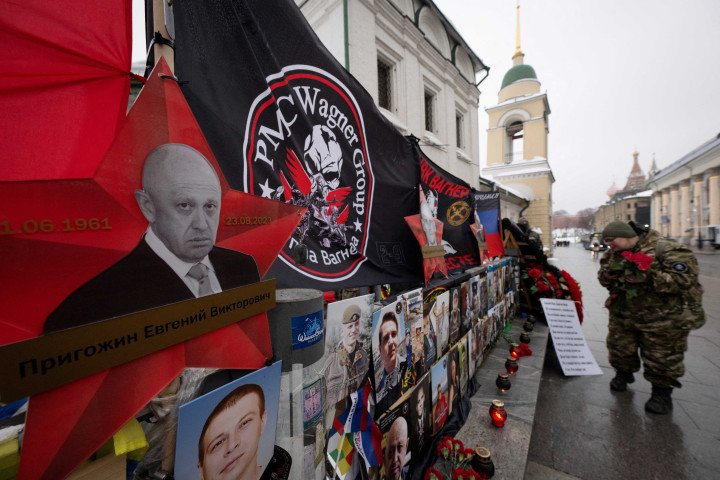
Current Objectives
Ben Dalton, the Program Manager for Future Frontlines at New America, has been closely following the Wagner PMC for years. In a conversation with United24 Media, he claims that “the overall goal of the Wagner Group remains the same: expanding Russia's interests via train and equip missions, weapons transfers, and in some cases—like Mali—counterinsurgency.
Following the death of Wagner’s leadership, the Russian MOD assumed control over the Wagner PMC. Given the recent mutiny, it was important to Putin that the mercenaries be commanded by allies of the regime, who wouldn’t speak out against the government.
This shift in control marks a significant transformation within the Wagner Group. Dalton elaborates, "The Wagner Group as it existed under Prigozhin has been substantially transformed, with top-level command now more firmly and formally integrated into the MOD. That said, the actual shape of operations differs from country to country, with field commanders sometimes retaining a degree of autonomy”.
Dalton continues, “It's easy for authorities to claim that Wagner is not there because it's true - the back office network that defined Wagner in the Prigozhin era has been replaced by more overt MOD control, even if the people on the ground continue using the same terms, iconography, and local networks.”
Some of the new leaders are:
Andrei Troshev, a Russian officer and former senior Wagner commander, was appointed by Putin to lead the Wagner PMC / Africa Corps.
Andrei Averyanov, commander of GRU Unit 29155, will be supervising Wagner / Africa Corps operations in Africa.
Konstantin Mirzayants, the head of PMC Redut, will take over operations in Syria.
Konstantin Pikalov, the veteran of the Wagner Group. will take over as the head of PMC Convoy to the Central African Republic.
Wagner no longer carries out operations in Ukraine and Syria, having been replaced by PMC Redut, a private military that’s connected to Russian Intelligence (GRU). Redut’s soldiers are considered to be more effective due to the group's covert operations and connection to Russian military structures.
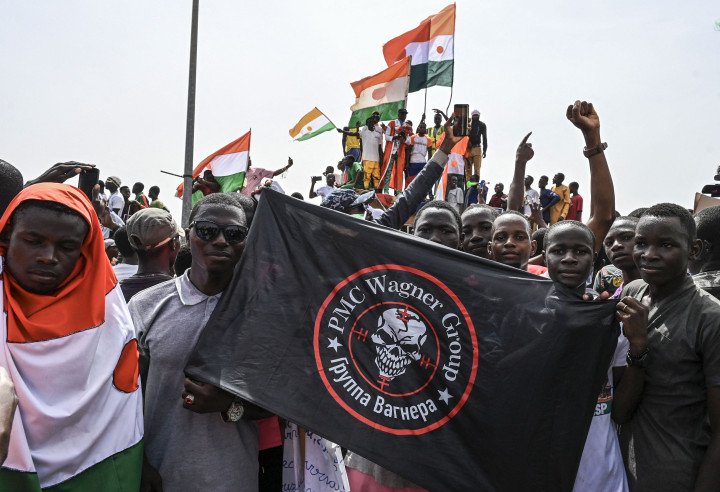
An instrument for foreign policy
The Kremlin’s efforts to stabilize its foreign influence after Prigozhin’s insurrection are notable. Dalton goes on to explain that” [the Kremlin] was very keen to reassure its client states that the mutiny would not interfere with their capacity to continue providing services, which is why deputy ministers of defense were sent on military diplomatic delegations all this past year.
The resource and mineral-rich African continent is strategically important to the Russian Federation. Russia aims to bolster local powers in regions where French and American peacekeepers have withdrawn. In exchange for providing security and military assistance through groups like the Africa Corps.
With close ties to the Kremlin and Wagner, Russian businesses secure contracts to mine valuable minerals such as gold and diamonds. This arrangement, which used to be obfuscated by a network of shell companies owned by Prigozhin, is now much more clear and out in the open under Russian MOD leadership.
Dalton highlights the unique role Prigozhin played within Wagner: "Prigozhin's unique value add to operations [was] his corporate structures, which ran things day to day and provided a smokescreen, as well as his own entrepreneurialism. He had relatively little to do with paramilitary command, which was overseen by Troshev. So what we've seen is the replacement of Prigozhin's back office network—the corporate structure—with other curators close to or within MOD, while the paramilitary wing carries on operations more or less as usual.”
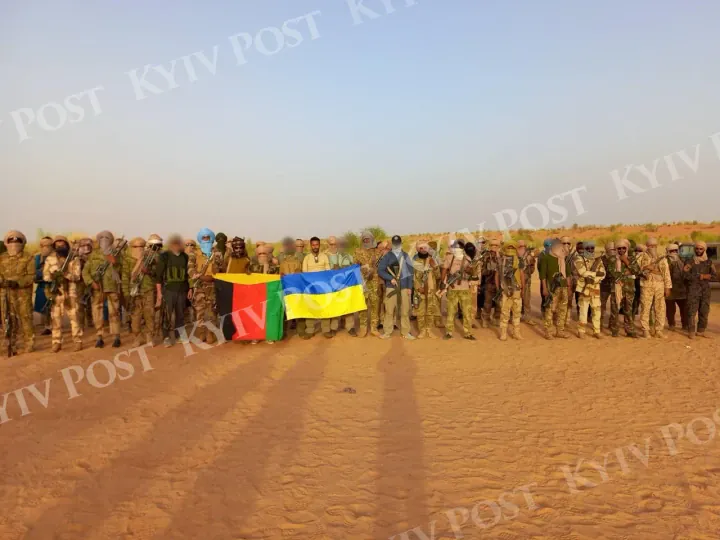
Hunted by Ukraine
Many of the soldiers in Wagner’s Africa Corps had previously fought in Ukraine, the group leverages their mercenaries' combat experience to train local forces and conduct operations across Africa.
Investigations have shown that following the group's activities in Ukraine, including the battle for Bakhmut, many Wagner fighters have been redeployed to African nations such as Mali and the Central African Republic, where they continue to work under the direction of the Russian Defense Ministry.
Ukraine’s main intelligence directorate (HUR) has publicly stated its willingness to hunt down Wagner mercenaries that are currently fighting abroad. There is evidence to claim that Ukrainian special forces have carried out operations in Africa and the Middle East, but officials have not fully confirmed.
In regards to Ukraine’s participation in the ambush of Wagner mercenaries in Mali, it was confirmed by HUR spokesman Andrii Yusov. He said on Monday that “the rebels received the necessary information and not just information”.
Yusov did not go as far as confirming the physical presence of Ukrainians in that strike, although a photo published by the Kyiv Post showed Tuareg rebels in Mali holding both the Ukrainian and Tuareg flags. In the same photo, among the crowd of rebels, were two masked men with noticeably white skin accompanying the rebels.
As for the future, Dalton asserts that the “Wagner brand will be used for propaganda and recruiting purposes.” but overall it is a completely different entity that operates under the wing of the Russian Ministry of Defence.
In the spring of 2024, various Wagner-affiliated Telegram channels began posting about a new wave of enlistment for men in Russia and Belarus. This time, the focus is on creating new assault units and training drone operators in Africa, as many are hesitant to fight in Ukraine. This effort marks the end of a year-long hiatus in the PMC's recruitment activities.


-554f0711f15a880af68b2550a739eee4.jpg)



-206008aed5f329e86c52788e3e423f23.jpg)
-1afe8933c743567b9dae4cc5225a73cb.png)
-46f6afa2f66d31ff3df8ea1a8f5524ec.jpg)